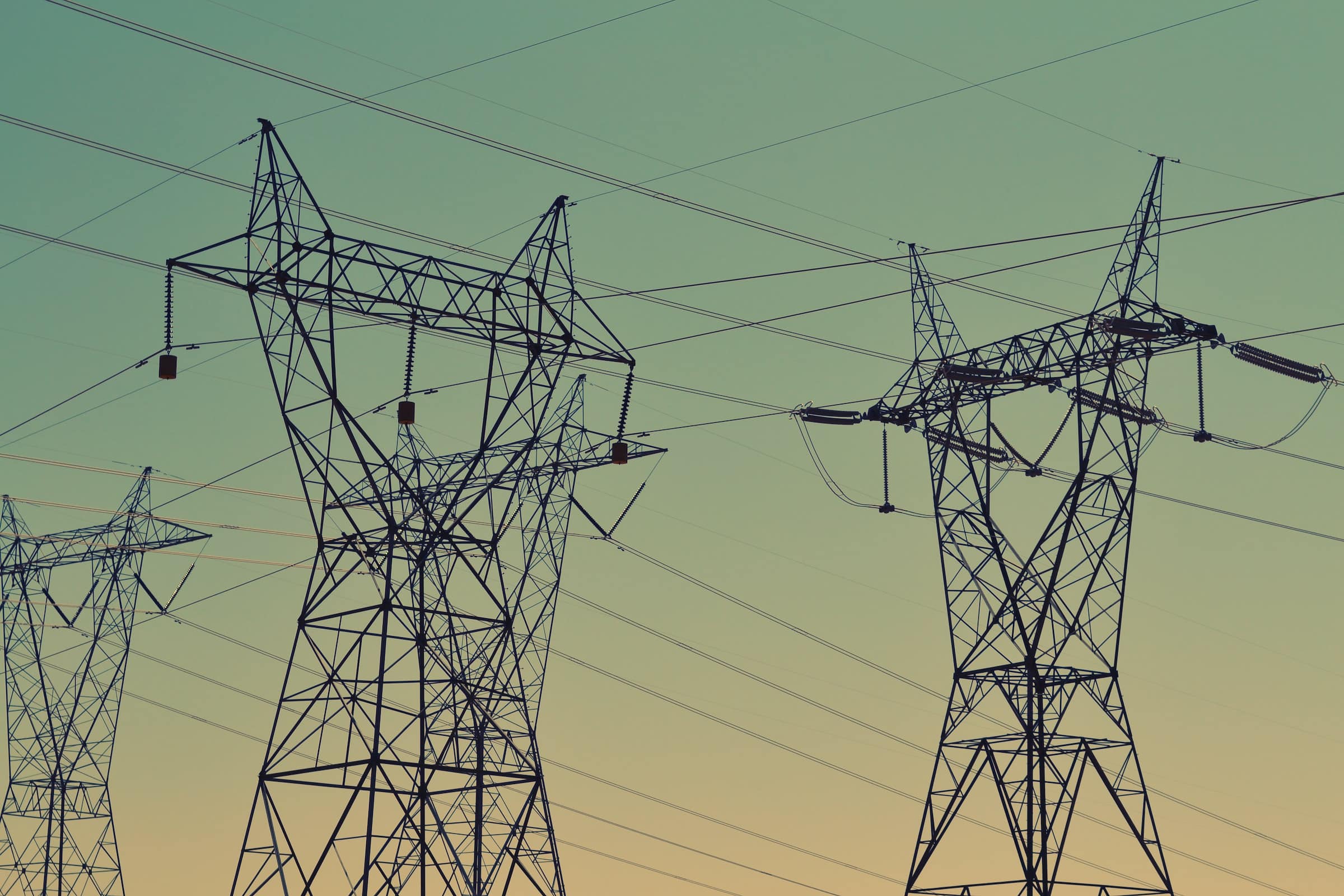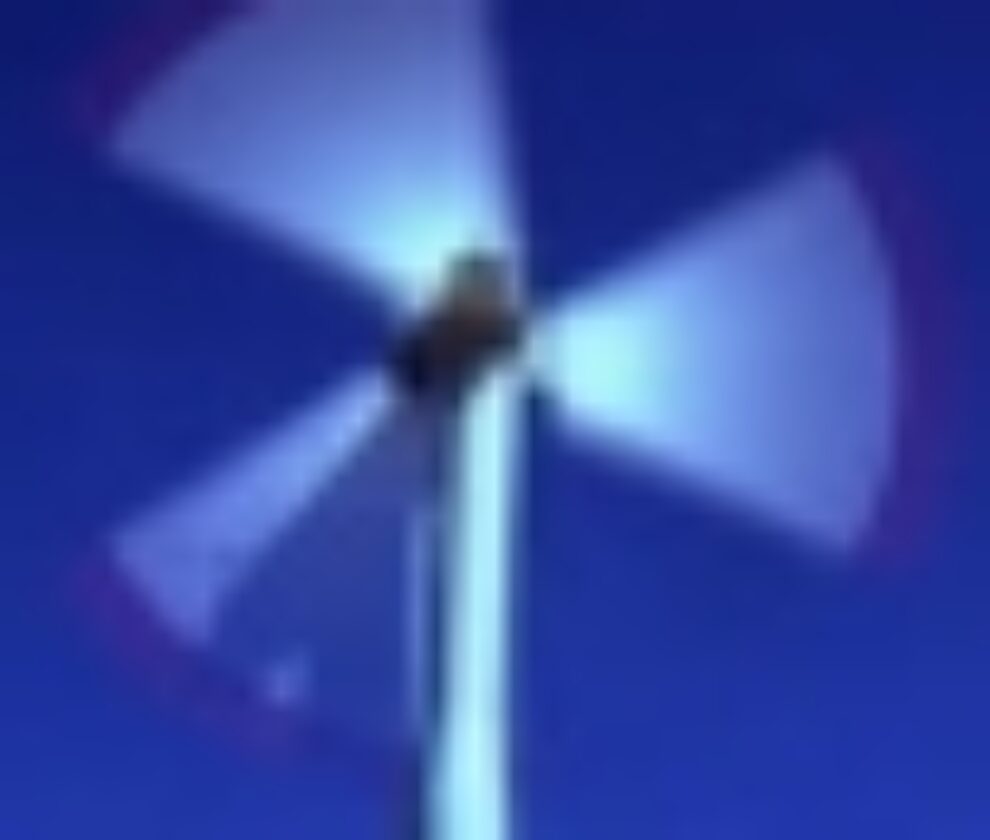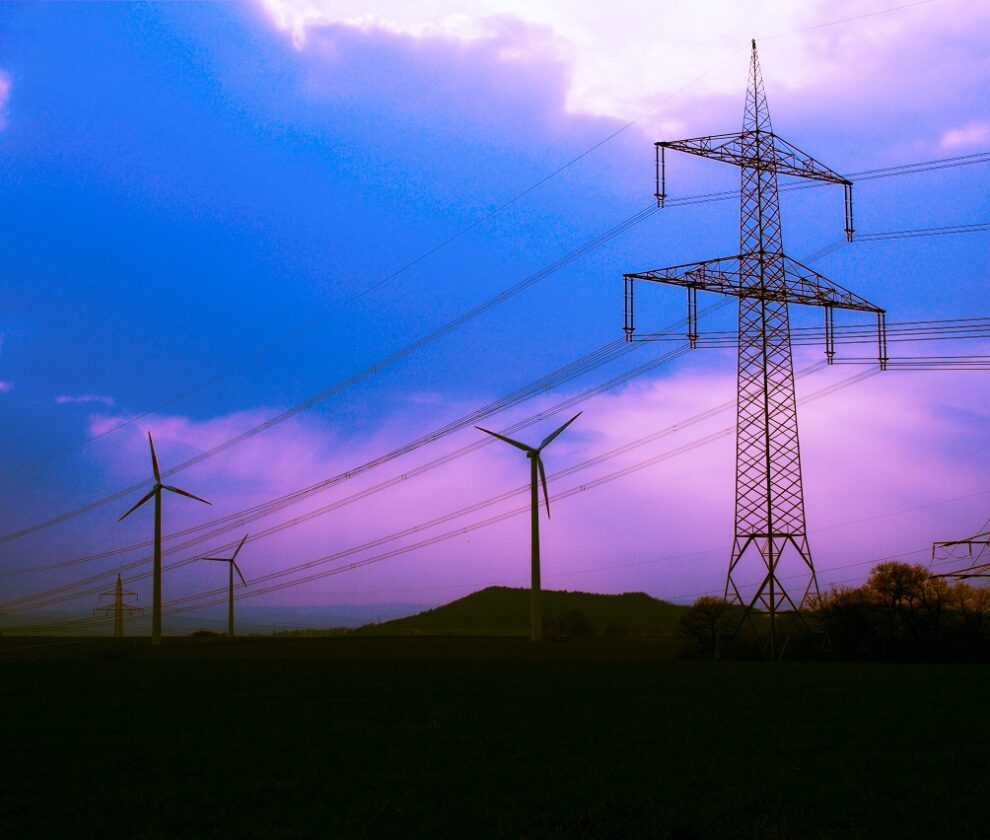The Energy Future Coalition (a partner of NCETI), joined by a number of renewable energy advocates, utility and transmission organizations, and environmental groups, submitted two sets of comments on the Federal Energy Regulatory Commission’s proposed rule on transmission planning and cost allocation (Docket No. RM10-23-000). EFC noted that while investment in new transmission has been increasing, it is not enough investment to meet our energy and climate goals. In fact, there is currently a backlog of almost 300,000 megawatts of wind power projects (enough to satisfy approximately 20% of the United States’ electricity needs) that are on hold until additional transmission infrastructure is built to connect them to the power grid.
Connecting additional renewable energy to the power grid is not the only benefit of increasing transmission. New transmission lines would increase the reliability of the electrical grid, which could save Americans tens of billions of dollars annually in lost productivity due to power outages. New investment in transmission infrastructure would also ease grid congestion. Grid congestion increased energy bills for ratepayers in the mid-Atlantic by 6% in 2008, a total cost of $2.12 billion. New demand for power will only increase the financial burden of congested lines.
Because of the interconnected nature of the electric transmission grid, the benefits of increased reliability, decreased congestion, and increased access to remote renewable resources are shared by a broad range of end users, not just those who are located near new transmission lines. Because the benefits are shared, the costs related to new transmission lines should also be shared. That is not to say that everyone should pay for new transmission lines, only those who benefit from the new and improved infrastructure.
The Federal Energy Regulatory Commission has a duty to make sure rates are just and reasonable. When it comes to paying for transmission lines, allocating costs without considering the significant reliability, economic, and other benefits of new transmission lines to neighboring utilities is neither just nor reasonable.
To read the full comments, click on the links below:
Joint Reply Comments of the American Electric Power Corporation, American Wind Energy Association, Energy Future Coalition, Iberdrola Renewables, ITC Holdings Corporation, LS Power Transmission LLC, Mesa Power Group LLC, Nextera Energy Incorporated, Solar Energy Industries Association, and Western Grid Group
Joint Reply Comments of Earthjustice, Sierra Club, Natural Resources Defese Council, and Citizens for Pennsylvania’s Future
16 Nov





